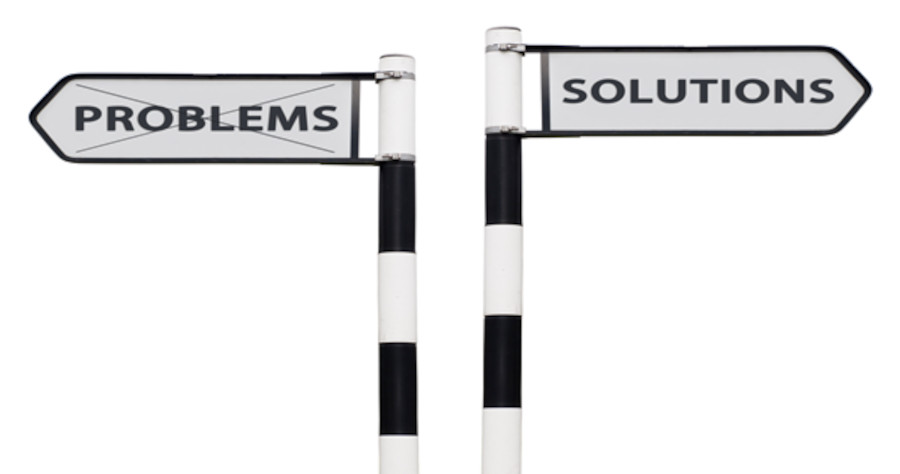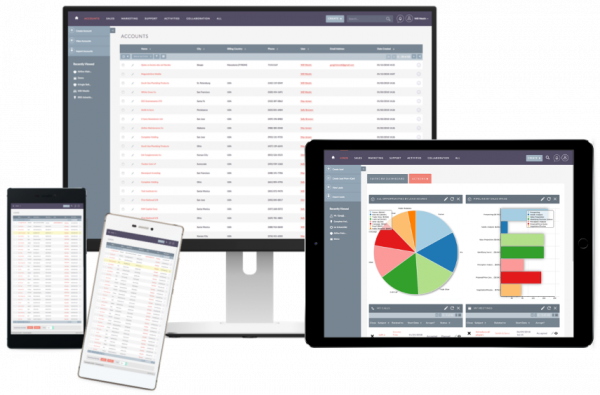Artificial Intelligence (AI) has come a long way since its inception in the 1950s. Back then, Alan Turing proposed the famous Turing Test, which aimed to determine if a machine could imitate human intelligence. The 1960s saw the development of the first AI programming language, LISP, by John McCarthy, giving a boost to AI research. During this time, AI systems focused on symbolic reasoning and rule-based systems, which eventually led to the creation of expert systems in the following decades.

In the 1990s, AI took a significant turn towards machine learning and data-driven approaches. This shift was driven by the increasing availability of digital data and advancements in computing power. Neural networks and support vector machines emerged, enabling AI systems to learn from data and greatly improve their performance and adaptability. As the 2000s arrived, AI research expanded into new frontiers, such as natural language processing, computer vision, and robotics, setting the stage for the AI revolution we witness today.
And Then Came GPT!
The recent explosion of AI owes much of its success to deep learning techniques and the emergence of large-scale neural networks, like the Generative Pre-trained Transformer (GPT) series developed by OpenAI. A notable example is GPT-3, released in 2020, which showcases remarkable natural language understanding and generation capabilities, boasting an impressive 175 billion parameters.
The triumph of GPT-3 and its predecessors underscores the vast potential of AI, triggering further research and development in the field. Building upon its predecessors, the latest iteration, GPT-4, pushes the boundaries of AI even further, introducing even more advanced capabilities.
AI Transforms Industries
AI has transformed various industries, revolutionizing the way they operate:
- Healthcare: AI-powered diagnostic tools improve disease detection, leading to more accurate and timely diagnoses. Additionally, AI-driven drug discovery accelerates the development of new treatments. Robotics and AI are also vital in precision surgery, enhancing patient outcomes and reducing recovery times.
- Finance: AI has become an integral part of the financial sector. It aids in fraud detection, portfolio management, and risk assessment. Robo-advisors and algorithmic trading systems make investing more accessible and streamlined, while AI-driven models enhance the accuracy of credit and loan evaluations.
- Manufacturing: AI is revolutionizing manufacturing with the implementation of smart factories. Robotics and advanced automation systems optimize production processes, reducing waste and increasing efficiency. AI-powered predictive maintenance minimizes equipment downtime and operational costs.
- Transportation: Autonomous vehicles and AI-powered traffic management systems promise to reduce accidents and alleviate congestion. AI also streamlines logistics by optimizing supply chain management and delivery routes.
- Retail: AI enhances the retail customer experience by enabling personalized recommendations, intelligent chatbots, and advanced inventory management. AI-driven analytics help retailers understand customer behavior and preferences, allowing them to tailor their offerings accordingly.
- Agriculture: AI-driven precision agriculture techniques increase crop yields and optimize resource management. AI identifies pests and diseases, determines optimal planting and harvesting times, and plays a crucial role in ensuring global food security.
The Future of AI
Artificial Intelligence has come a long way, transforming industries and empowering businesses with its myriad capabilities. As research and development continue to advance, we can expect AI to revolutionize even more sectors, enabling us to tackle complex challenges and hopefully create a better future. With AI as our ally, the possibilities are endless, and the potential for innovation is boundless. Let’s hope AI stays as our ally.






